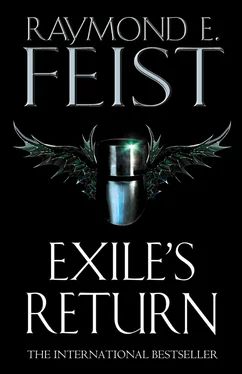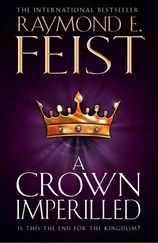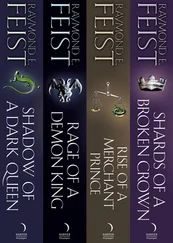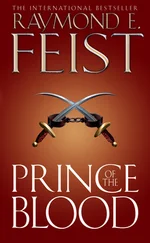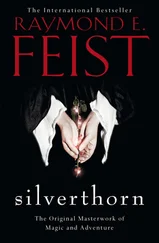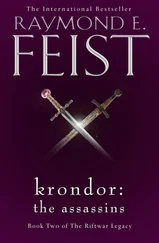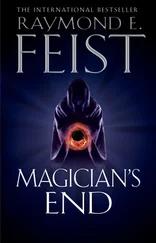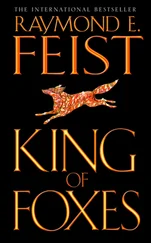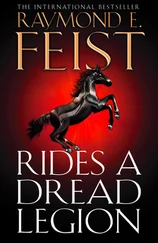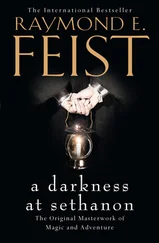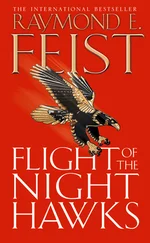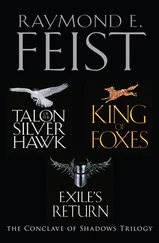The few trees he had encountered were lifeless and dry, and even the underside of rocks were without a hint of moisture. One of his teachers had told him years ago that water could sometimes be found below the surface in the desert, but Kaspar was certain it wouldn’t be at this elevation. Whatever streams had graced this landscape ages before, any water was now long vanished; if any remained, it would be in those gullies that were his goal, down below the cracked surface towards which he staggered. For a brief moment he paused to catch his breath, which now laboured; no matter how deeply he inhaled, he couldn’t seem to get enough air. He knew it was another symptom of his plight.
Kaspar had never seen so bleak a place. The great sand ergs of the Jal-Pur of northern Kesh had seemed exotic, a place of shifting forms, a veritable sea of sand. He had been a boy with his father, and a lavish entourage of royal servants from the Imperial Keshian court at his beck and call, amid a mobile village of colourful tents and opulent pavilions. When his father hunted the legendary sand lizards of the Jal-Pur, servants were always nearby with refreshing drinks – water scented with herbs or fruit extracts, cleverly kept cool in boxes packed with snow from the mountains. Each night was a royal feast, with chilled ales and spiced wine.
Just thinking of those drinks caused Kaspar near-physical pain. He turned his fevered thoughts to his current surroundings.
Here there were colours, but nothing remotely attractive to the eye, just harsh ochre, dingy yellow, the red of rusted iron, and a tan muted with grey. Everything was covered by dust, and nowhere was there a hint of green or blue indicating water, though he had noticed a shimmer to the northwest, which might be a reflection of water on the hot air.
He had only hunted once in the hot lands of Kesh, but he remembered everything he had been told. The Keshians were descendants of the lion hunters who roamed the grasslands around the great lake called the Overn Deep, and their traditions had endured through the centuries. The old guide, Kulmaki, had counselled Kaspar, ‘Watch for birds at sundown, young lord, for they will fly to water.’ For the last two days he had scanned the horizon in vain; but not a bird had he seen.
As he lay exhausted and dehydrated he lapsed in and out of consciousness, his mind alive with a mix of fever dreams, memories and illusions.
He recalled a day as a boy when his father had taken him hunting, the first time he had been permitted to accompany the men. It had been a boar hunt, and Kaspar had barely the strength to handle the heavy-tipped boar spear. He had ridden close to his father as he took the first two boars, but then he had faced his own, he had hesitated, and the pig had dodged the broad head of Kaspar’s weapon. He had glanced over and seen the disapproval in his father’s eyes, and he had charged after the boar into the underbrush, without heeding the warning of the Master of the Hunt.
Before the men could catch up, Kaspar’s horse had chased the boar into a thicket where it had turned at bay. Kaspar had done everything possible that was wrong, yet when his father and the others had arrived, he stood ignoring the gash in his leg, standing triumphant over the still-thrashing animal. The Master of the Hunt put the animal down with a quick arrow, and Kaspar’s father had hurried to bind his son’s leg.
The pride Kaspar had seen in his father’s eyes, despite the admonishing words about foolish acts, had branded the boy for life. Never be afraid. He knew that no matter what, any choice must be made fearlessly, or else all would be lost.
Kaspar remembered the day when the mantle of rulership had fallen on his shoulders, and he had stood mutely by, holding his baby sister’s hands while the priests applied torches to the funeral pyre. As smoke and ash rose to the heavens, the young Duke of Olasko again pledged to be fearless in all things, and to protect his people as if he was facing that boar.
Somewhere it had all gone sour. Seeking a proper place in the sun for Olasko had somehow turned into naked ambition, and Kaspar had decided that he needed to be King of Roldem. He was eighth in line for succession, so a few accidents and untimely deaths would be all he required in order to unite all the disparate nations of the east under Roldem’s banner.
As he lay there thinking this, Kaspar’s father appeared suddenly, and for a moment Kaspar wondered if he had died and his father had come to guide him to the Hall of Death, where Lims-Kragma would weigh the value of his life and select his place on the wheel for its next turning.
‘Didn’t I tell you to be cautious?’
Kaspar tried to speak, but his voice was barely a croaking whisper. ‘What?’
‘Of all the weaknesses that beset a man, vanity is the most deadly. For through vanity can a wise man turn to folly.’
Kaspar sat up and his father was gone.
In his fevered state, he had no idea what the vision of his father meant, though something told him it was important. He didn’t have time to ponder this. He knew he couldn’t wait until sundown, his life was now being counted out in minutes. He stumbled down the rocks to the flatlands, heat shimmer rising off the grey and ochre rocks, stumbling over the broken shards of stone once made smooth by ancient waters.
Water.
He was seeing things that weren’t real. He knew that his father was dead, yet now the spirit of the man seemed to be marching before him.
‘You placed too much faith in those who told you what you wished was true, and ignored those who tried to tell you what was true.’
In his mind, Kaspar shouted, ‘But I was a force to be feared!’ The words came out an inarticulate grunt.
‘Fear is not the only tool of diplomacy and governance, my son. Loyalty is born from trust.’
‘Trust!’ shouted Kaspar, his voice a ragged gasp as the word seemed to scrape along the inside of a parchment-dry throat. ‘Trust no one!’ He stopped, nearly falling over, as he pointed an accusing finger at his father. ‘You taught me that!’
‘I was wrong,’ said the apparition sadly and it vanished.
Kaspar looked around and saw he was heading in the general direction of where he had seen the reflected shimmer. He staggered along, lifting one foot and putting it down before the other. Slowly he halved the distance, then halved it again.
His mind continued to wander as he relived events from his childhood, then the downfall of his reign. A young woman whose name he could not recall appeared before him, walking slowly for a minute, then vanished. Who was she? Then he remembered. The daughter of a merchant, a girl he had found fair but whom his father had forbidden him to see. ‘You will wed for reasons of state,’ he had been told. ‘Take her to your bed if you must, but leave aside foolish thoughts of love.’
The girl had wed someone else.
He wished he could remember her name.
He stumbled along, several times falling to his knees, only to rise once more on will alone. Minutes, hours, days passed, he had no way of knowing which. His mind was turning in on itself as he felt his life begin to wane.
He blinked, aware that the day was fading and he was now in a small gully, heading downwards.
Then he heard it.
A bird call. Slightly more than the peep of a sparrow, but a bird call.
Kaspar forced himself out of his lethargy and blinked. He tried to clear his swimming vision, and then he heard the call again. Cocking his head, he listened, and then a third call came.
He staggered towards the sound, mindless of the treacherous footing. He fell, but caught himself on the walls of the deepening gully.
Tough grass appeared beneath his feet and his mind seized on this one fact: if there was grass, there must be water below. He looked around and could see no sign of it, but he could see a stand of trees ahead. He pushed himself forward until he had no strength left, and fell to his knees and then onto his face.
Читать дальше
